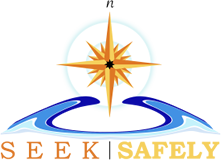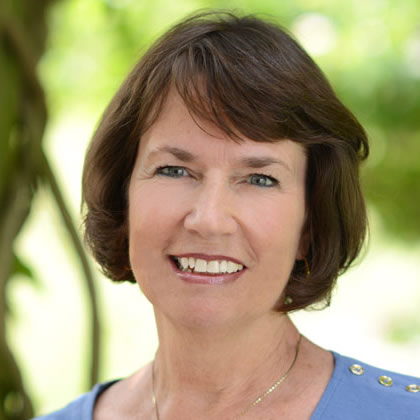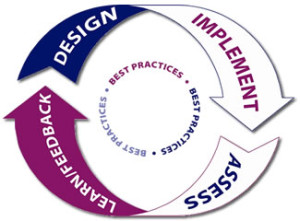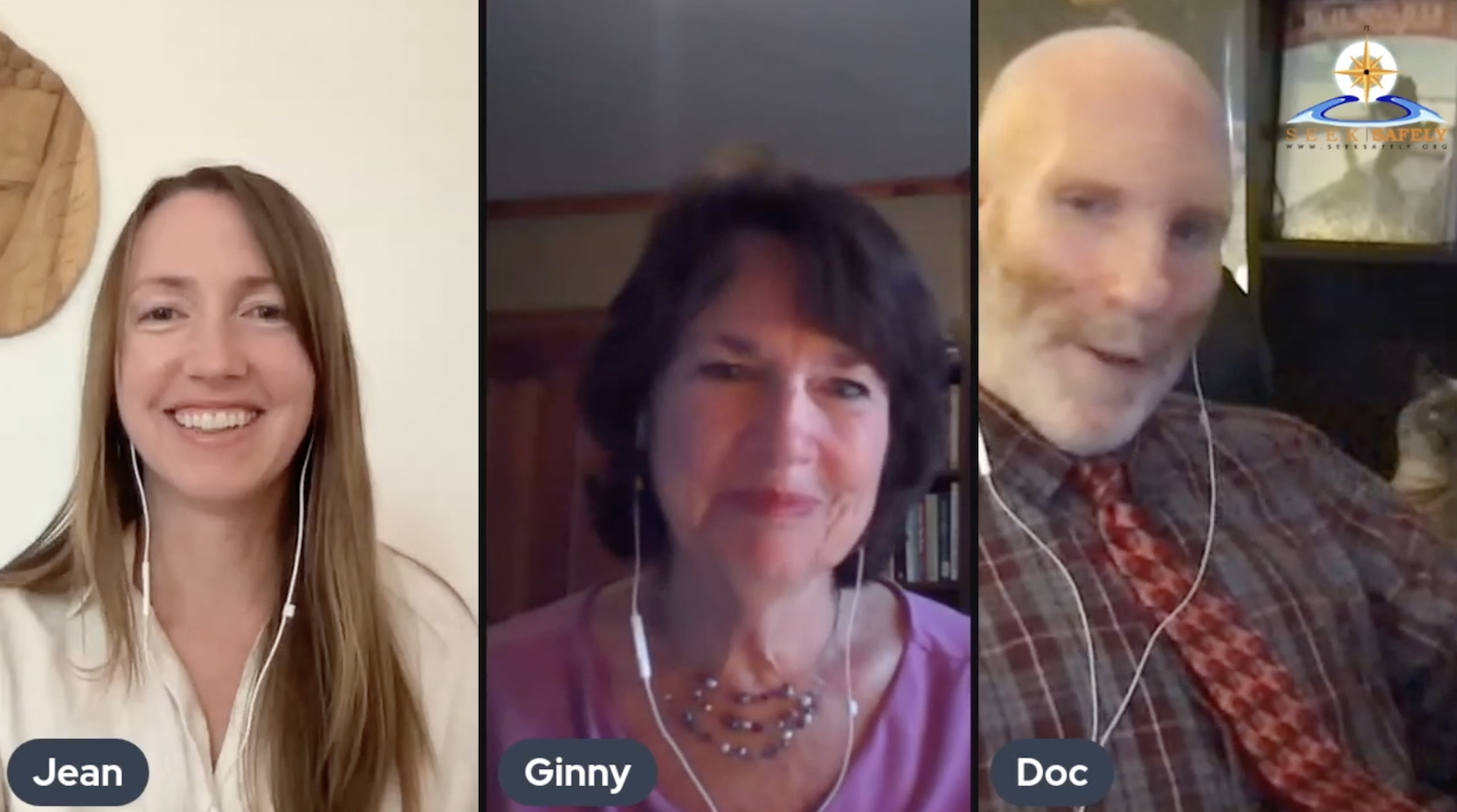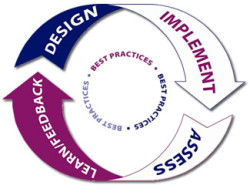
In our previous post about best practices, we introduced the concept and noted that in the self-help industry, there is no authority or governing body that sets standards for self-help. But even if such a body existed, can you ever expect a 100% guarantee of the desired results? How does this play out in other fields that do have best practices? In the human resources, not-for-profit world, the phrases “evidenced based practices” and “best practices” indicate some measurement of desired outcomes. A potential funder for a grant program wants some assurance that their money will result in positive change for the majority of those being served. That assurance is usually calculated by observation, careful study and research. The applicant will indicate the goals, the design, plan implementation, assessment strategies and application of feedback. The entire process of program delivery will be watched, recorded and monitored. But despite all of this effort, the grant applicant never “promises” 100% success. Factors beyond human control can affect outcomes. In medical practice and mental health fields, most interventions have undergone extensive research before being used. However, it is impossible to provide a guarantee that a certain procedure or technique will produce the desired effect 100% of the time. Therefore, we are all asked to sign medical disclaimers, understanding that sometimes unforeseen complications can affect outcomes. (And of course, the flip-side is that we can expect that the provider will have a comprehensive risk management plan in the event of the unforeseen complication.) In other words, even in industries where best practices and scrutiny are required, nobody expects that all programs will come with 100% effectiveness. However, the existence of best practices provide some assurance that the program or action has been tested and will be carried out in the most effective possible manner. When we ask providers of self-help to sign the SEEK Safely Promise , we understand that people will grow and change based on the effort they put into a practice. We respect that people can chose their belief system and that no approach can carry a 100% guarantee of effectiveness. However, the practitioner can promise to be honest about their own experience and training; they can be accurate explaining that what they are suggesting may be outside the realm of verifiable scientific scrutiny. We ask providers of self-help to state their intentions to treat participants with respect, dignity, and to offer some protection for emotional vulnerability. Signing the Promise is a public statement of intent to provide physical safety and to act with integrity, living the lessons being taught. While this is not a guarantee, remember that this is an industry that does not have to show a plan of goals, implementation or assessment of efficacy. The goals and plan are advertised to the buyer, but the practice is not monitored or independently evaluated. This Promise is a small, initial assurance to consumers of self-help that their teacher is willing to adhere to safe and ethical standards. Then it is up to the seeker to make sure their “guru” is doing just that.
